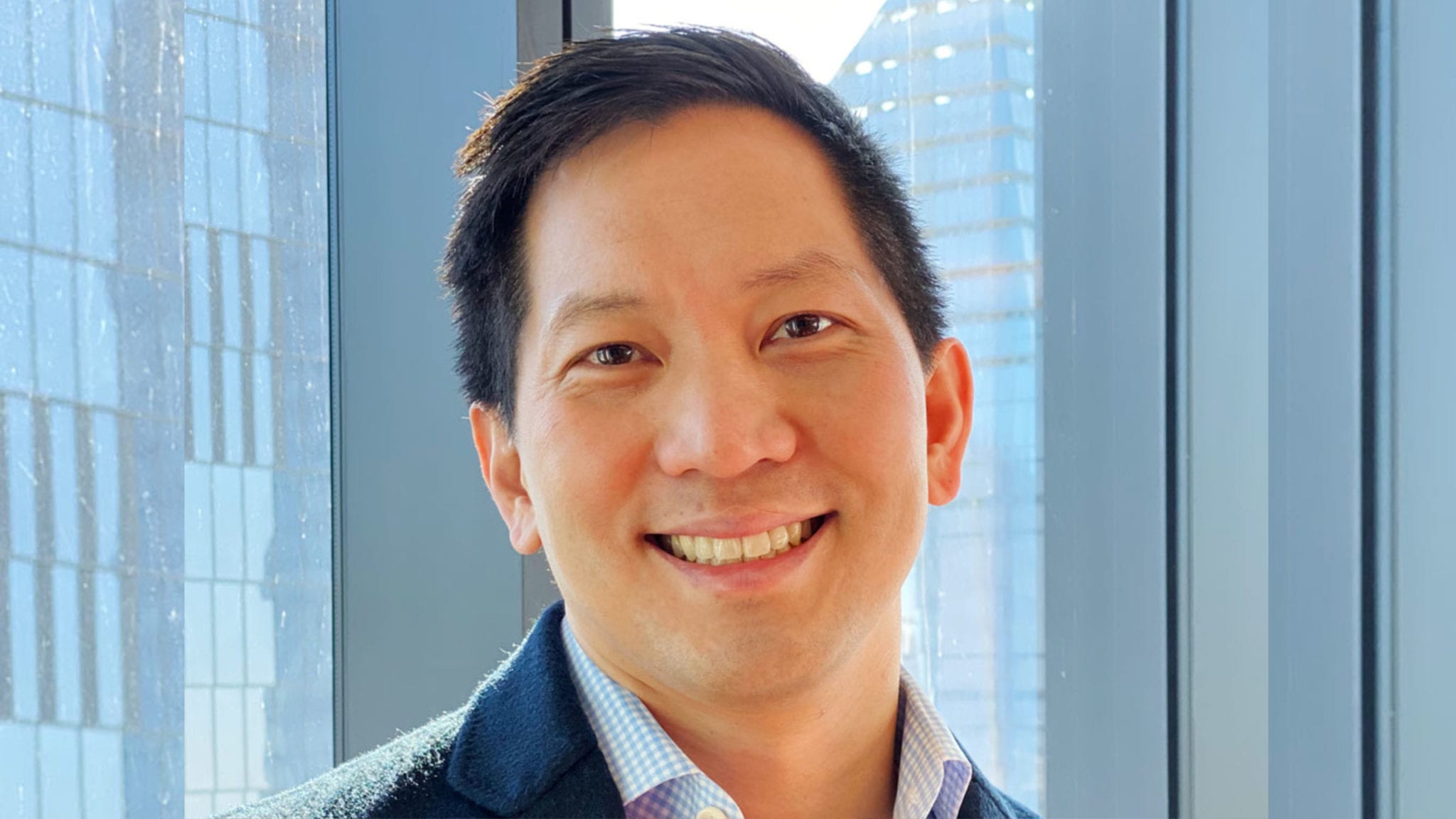
William Ho, IN8bio CEO
IN8bio's 'off-the-shelf' gamma delta T cells stave off relapse for high-risk leukemia patients in very early data cut
With eyes set on the future of cell therapy, researchers are looking to leverage a growing menagerie of immune cells to engineer a better generation …
Sign up to read this article for free.
Get free access to a limited number of articles, plus choose newsletters to get straight to your inbox.